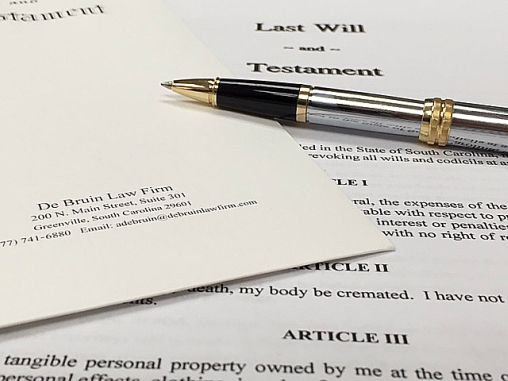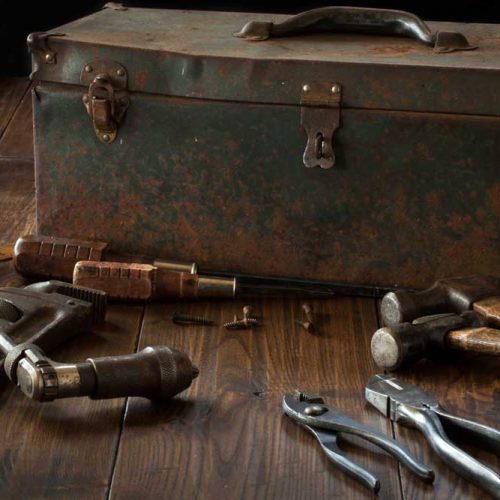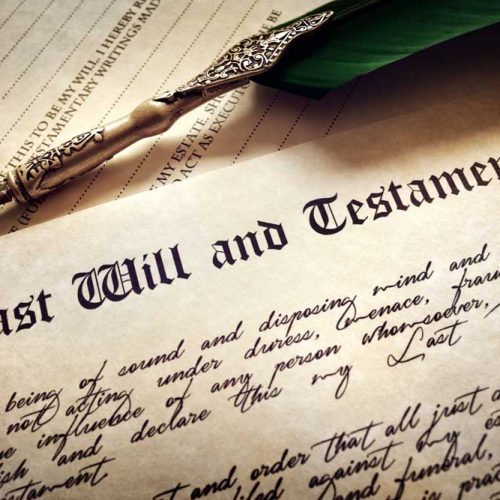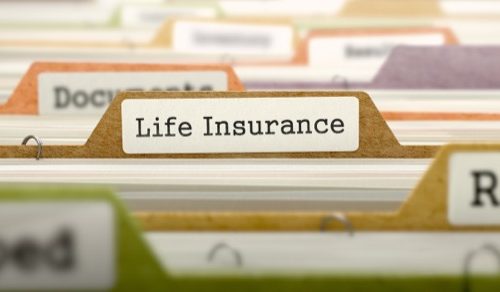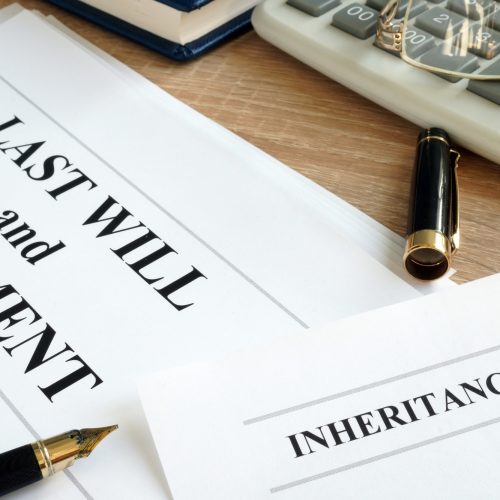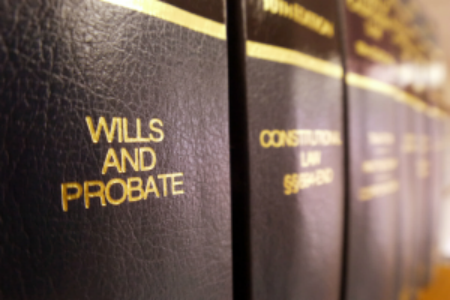Intestate Succession In South Carolina
There are a lot of misconceptions about what happens if you die without a Will. Many people think the state will take your property. While this can and does happen in rare instances, the state has a system for passing your assets to your next-of-kin. This system is called intestate succession. Every state has different rules regarding managing the estates of those who die without wills. In South Carolina, intestate succession is regulated by Title 62, Article 2 of the South Carolina Probate Code.
South Carolina Beneficiary Rights
In South Carolina, being named a beneficiary in a will or trust, or for a non-probate asset like a life insurance policy or retirement account, grants you certain legal rights. These rights are designed to ensure that the deceased’s assets are managed and distributed according to their wishes and in accordance with state law. Navigating the legal process can be complex, so understanding these fundamental rights is very important for beneficiaries.
Whether you are a beneficiary of a will going through probate or a trust, you have a right to be informed about the existence of the will or trust and your interest in it. For probate estates, the personal representative (executor) appointed by the court is generally required to notify beneficiaries of the probate proceedings. Similarly, for trusts, the trustee has a duty to keep qualified beneficiaries reasonably informed about the trust and its administration, especially once the trust becomes irrevocable (often upon the death of the settlor).
A key right of beneficiaries is the right to receive information about the assets and management of the estate or trust. In the context of probate, beneficiaries typically have the right to receive an inventory of the estate’s assets. For trusts, beneficiaries are entitled to receive relevant information about the trust property and liabilities. This transparency allows beneficiaries to understand the value of the estate or trust and how it is being handled.
Beneficiaries also have a right to an accounting of the estate or trust. This means the personal representative or trustee must provide a detailed record of all income, expenses, and distributions made from the assets. This accounting allows beneficiaries to verify that the assets are being managed prudently and that their interests are being protected. Beneficiaries generally have the right to request this accounting and to object to it if they believe there are discrepancies or mismanagement.
Receiving timely distributions is another significant right. While the timeline for distribution can vary depending on the complexity of the estate or trust and any potential disputes, beneficiaries have the right to expect distributions to be made within a reasonable timeframe after debts, taxes, and administrative expenses have been settled. Unreasonable delays in distribution can be grounds for beneficiaries to take legal action.
In situations where beneficiaries believe the will is invalid due to issues like undue influence, lack of capacity, or improper execution, they may have the right to challenge the will in probate court. This is known as a will contest. Similarly, beneficiaries of a trust may have grounds to challenge the validity of the trust or certain actions of the trustee if they believe there has been wrongdoing or a breach of fiduciary duty.
The personal representative of an estate and the trustee of a trust are fiduciaries, meaning they have a legal duty to act in the best interests of the beneficiaries. This includes managing assets prudently, avoiding conflicts of interest, and carrying out the terms of the will or trust diligently and impartially. Beneficiaries have the right to expect this high standard of conduct and can petition the court to remove a fiduciary who is failing in their duties or engaging in misconduct.
For assets that pass outside of probate through beneficiary designations, such as life insurance policies, retirement accounts, and payable-on-death bank accounts, the designated beneficiaries have a direct right to claim these assets upon the death of the owner. These assets typically transfer relatively quickly and do not go through the potentially lengthy probate process.
South Carolina law provides beneficiaries with fundamental rights to information, accounting, timely distribution, and the assurance that fiduciaries are acting in their best interests. If you are a beneficiary and have concerns about the administration of an estate or trust, or believe your rights are not being upheld, seeking legal advice from an attorney specializing in probate and estate law in South Carolina is highly recommended to understand your specific situation and options.
The Path of Assets: Understanding Intestacy Laws in South Carolina
When a resident of South Carolina dies without a valid will, the distribution of their assets is not left to chance or the discretion of surviving family members. Instead, the state’s intestacy laws, a set of predetermined rules, dictate precisely how the deceased person’s estate will be divided among their surviving relatives. This legal framework provides a clear hierarchy of inheritance, ensuring that assets are passed down in a structured manner. Understanding this hierarchy is crucial for anyone who might be affected by the death of a loved one who did not leave a will.
The primary factor in determining how assets are distributed under South Carolina intestacy laws is the deceased individual’s marital status and whether they had children. The law prioritizes the surviving spouse and direct descendants, with other relatives inheriting only if there is no surviving spouse or children.
Scenario 1: The Deceased is Married with No Children
In the instance where an individual dies intestate in South Carolina and is survived by a spouse but has no children or other lineal descendants, the law is straightforward: the surviving spouse is the sole heir and inherits the entire intestate estate. This includes all probate assets, which are those assets that do not transfer automatically upon death through mechanisms like joint tenancy with right of survivorship or beneficiary designations.
Scenario 2: The Deceased is Married with Children
If the deceased was married and had surviving children (or descendants of deceased children), the estate is divided between the surviving spouse and these lineal descendants. Under South Carolina law, the surviving spouse is entitled to one-half (1/2) of the intestate estate. The remaining half (1/2) is then divided equally among the deceased person’s children. If a child has predeceased the parent but left their own children (the grandchildren of the deceased), that child’s share is distributed among their descendants by representation. This means the grandchildren would collectively inherit the share their parent would have received had they survived.
Scenario 3: The Deceased is Unmarried with Children
When an unmarried individual dies without a will but is survived by children (or their descendants), the entire intestate estate is passed down to these children in equal shares. Similar to the previous scenario, if a child has predeceased the parent, their share will pass to their children by representation.
Scenario 4: The Deceased has No Children but has Surviving Parents or Siblings
If the deceased had no surviving children or their descendants, the line of inheritance moves up to the parental generation. If the deceased was married, the surviving spouse still receives half (1/2) of the estate. The other half (1/2) that would have gone to children is instead divided equally between the deceased’s parents. If only one parent is alive, that parent receives the entire parental share.
If the unmarried deceased had no children but is survived by one or both parents, the entire estate goes to the surviving parent or parents.
If the deceased had no surviving children and their parents are also deceased, the inheritance then passes to the deceased person’s siblings. The estate (or the half not going to the spouse if married) is divided equally among the surviving siblings. If a sibling has predeceased the individual but left children (nieces and nephews of the deceased), those children would inherit their parent’s share by representation.
Scenario 5: The Deceased has No Surviving Children, Parents, or Siblings
In situations where the deceased has no surviving spouse, children, parents, or siblings (or their descendants), the intestacy laws reach further into the family tree. In this case, the assets may be passed to the deceased person’s grandparents. If both paternal and maternal grandparents are alive, the estate is typically divided between the two sides. If only grandparents on one side are alive, they would inherit.
If there are no surviving grandparents, the inheritance extends to the issue of the grandparents, which includes aunts and uncles (the children of the grandparents) and, if they are deceased, their children (the cousins of the deceased). The distribution at this level can become more complex and is also handled by representation.
Should there be no surviving grandparents or their issue, the intestacy laws may then look to great-grandparents and, subsequently, the children of great-grandparents.
The Concept of Escheat
It is rare, but in the unlikely event that a deceased individual dies intestate in South Carolina and has absolutely no surviving relatives, as defined by the state’s intestacy laws up to the specified degrees of kinship, the estate will “escheat” to the state. This means the assets will become the property of the South Carolina government.
Important Considerations
It is vital to remember that South Carolina’s intestacy laws only apply to probate assets. Many assets pass outside of the probate process through beneficiary designations (like life insurance policies, retirement accounts), joint ownership with right of survivorship (like jointly held bank accounts or real estate), or assets held in a trust. These non-probate assets will be distributed according to the terms of their specific agreements or designations, regardless of whether or not the deceased had a will.
Furthermore, South Carolina law includes a 120-hour survivorship rule, meaning that an heir must survive the deceased by at least 120 hours (five days) to inherit under intestacy. This rule prevents assets from passing through multiple estates in quick succession in the event of a tragedy.
While the intestacy laws provide a default plan for asset distribution, they may not align with an individual’s specific wishes. The only way to ensure that your assets are distributed according to your preferences and to potentially avoid the probate process for many assets is to create a valid South Carolina will and utilize other estate planning tools as appropriate. Consulting with an estate planning attorney in South Carolina is highly recommended to ensure your assets are distributed according to your intentions.
Named Beneficiaries
It’s important to keep in mind that any assets with named beneficiaries or co-owners are not subject to intestate succession as they go to the beneficiary or co-owner. Life insurance policies are one example of an asset that typically has a named beneficiary. Frequently real estate is owned jointly with rights of survivorship, meaning if one of the owners dies, the other owners receive their share of the property.
Additionally, heirs must survive the decedent by 120 hours and children of the decedent must be born within 10 months of the decedent’s death and survive for 120 hours. The 120-hour requirement is waived if it means there is no surviving heir. In the rare cases where no surviving heir can be found, the state will receive any assets owned by the deceased, a process known as “escheating”. It is important to realize, however, that the state escheating assets only comes after all attempts at locating and benefiting the aforementioned family members have failed.
Do You Need Estate Planning Advice in South Carolina?
As you can see it is best to avoid allowing your assets to fall into intestate succession. It is important to plan and be prepared. With a will, you will be able to manage your assets after your death to ensure they are distributed the way you want them to be. Please contact our South Carolina legal team at the De Bruin Law Firm today and we will help you draft a will and plan for the future.

